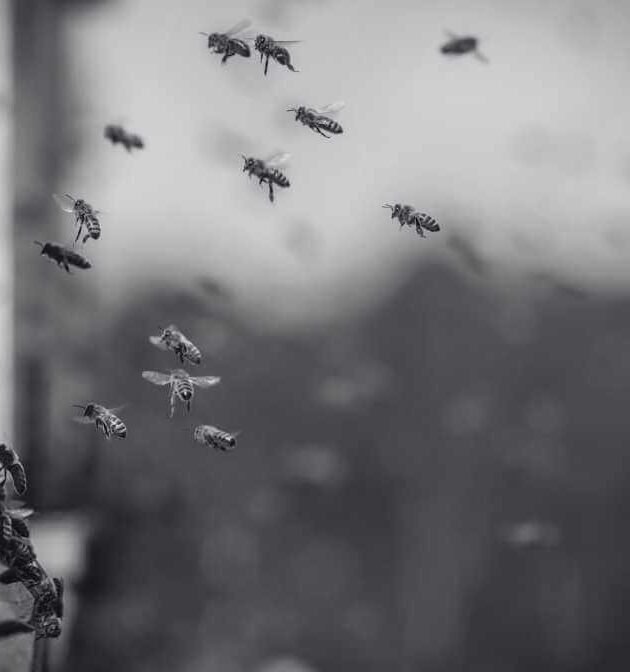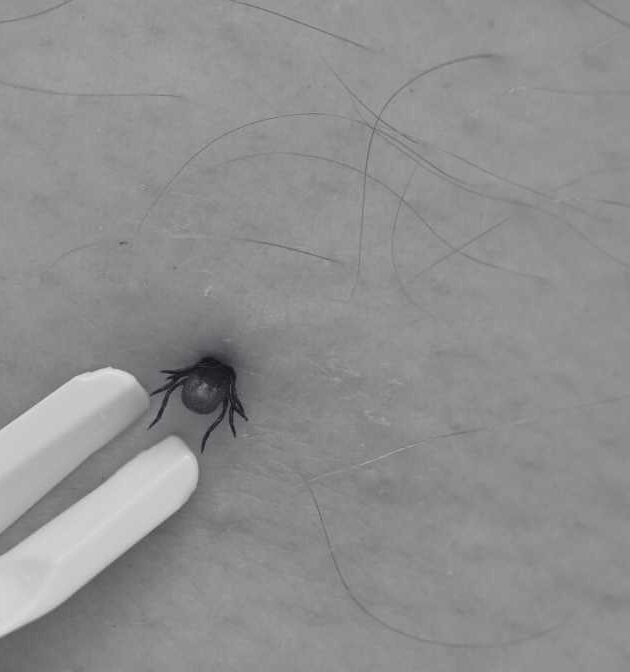
Mosquito Life Cycle: From Eggs to Adult Mosquitoes
May 29, 2025
Common Types of Rat Species in Malaysia
June 3, 2025
Mosquitoes Blog
We can combat mosquito borne diseases and create a healthier, safer environment for everyone. With ongoing efforts and innovative solutions from community in Malaysia.
How Malaysia Is Combating the Spread of Mosquito-Borne Illnesses in 2025?
The Rising Threat of Mosquito Borne Diseases in Malaysia
Mosquito-borne diseases have become a significant public health concern in Malaysia. A country renowned for its tropical climate that provides ideal breeding grounds for various mosquito species. As urbanisation accelerates and environmental conditions favour mosquito proliferation. The incidence of infections transmitted by mosquitoes including dengue fever, Zika virus, chikungunya and Japanese encephalitis continues to rise.
We explores the current situation of mosquito-borne diseases in Malaysia. Their impact on public health and effective strategies for controlling mosquito populations and preventing bites.
Malaria, Chikungunya and Japanese Encephalitis, Dengue and Zika
The Current Situation of Mosquito Borne Diseases in Malaysia
Malaysia has experienced a surge in mosquito-borne diseases, especially dengue fever, which remains a pressing concern. According to Malaysian Ministry of Health, there were over 120,000 cases of dengue in 2023, with hundreds of fatalities. The prevalence of Aedes mosquitoes, vector for dengue, Zika virus and chikungunya is driving factor behind this alarming trend.
Other mosquito-borne diseases are also emerging, influenced by global travel and climate change. For example, outbreaks of Japanese encephalitis is report sporadically in Malaysia. Although these are more common in other regions such as South America and parts of Asia. The risk of infect mosquitoes transmitting these illnesses underscores the importance of ongoing vigilance and control measures.
The Top Mosquito Borne Diseases Affecting Malaysia
Understanding Mosquito Borne Diseases and Their Impact
Mosquito bites are not only a nuisance, they can be dangerous. When mosquitoes feed on an infected individual, they can transmit pathogens that cause serious diseases. Among these pathogens are the dengue virus, responsible for dengue fever. Which can cause high fever, joint pain, rash and in severe cases, internal bleeding or shock.
Similarly, Zika virus spread by mosquitoes can lead to birth defects like microcephaly when pregnant women are infect. The Japanese encephalitis virus, also transmitted by mosquitoes, can cause inflammation of the brain, especially in children. The World Health Organization (WHO) reports that mosquito-borne diseases in Malaysia put a heavy strain on healthcare systems. This situation needs strong public health efforts to manage and control the spread of these diseases.
Why Are Mosquitoes Such Effective Disease Vectors?
Understanding Impact of Mosquito Borne Diseases on Public Health
Mosquitoes, especially Aedes aegypti mosquitoes, are highly effective vectors because of their breeding habits and behaviour. They lay their eggs in standing water, potent breeding sites including flower pots, containers, clogged drains and even old tires. Once the eggs hatch, larvae develop in water, feeding on organic matter, maturing into adult seeking blood meals.
Infected mosquitoes can transmit diseases efficiently because they remain infectious for life once they acquire a pathogen. Mosquito activity is highest during the day. This makes bites more common when you are outside or in a room with open windows and doors.
How Do Environmental Conditions Influence Mosquito Borne Disease Outbreaks?
Warm, humid weather and standing water create ideal breeding conditions for mosquitoes, increasing the likelihood of disease transmission.
The Growing Threat: Infected Mosquitoes and the Spread of Diseases
Malaysians to Fend Mosquito Borne Diseases
Recent studies shows an increase in infect mosquitoes carrying pathogens like dengue virus, Zika virus and West Nile virus. Climate change with warmer temperatures and increased humidity prolongs mosquito breeding seasons and expands their habitat range.
In Malaysia, frequent Aedes aegypti mosquitoes infestations are a primary concern, given their competence in transmitting dengue fever. Aedes species are aggressive daytime feeders, which escalate the risk of mosquito bites among residents.
Preventing Mosquitoes from Spreading Disease
Effective Prevention to Minimise Impact of Mosquito Borne diseases
Here are key strategies:





Eliminating Standing Water
Regularly empty, cover, or dispose of items that collect water to prevent mosquitoes from laying eggs. This is the most effective way to control mosquito populations naturally.
Using Physical Barriers
Installing window and door screens can greatly reduce mosquito entry into homes. Providing a simple yet effective defence against bites.
Applying Repelling Mosquitoes Products
Use mosquito repellents containing active ingredients like DEET or picaridin when outdoors. These products are to repel mosquitoes and reduce the risk of bites.
Community Engagement
Public health campaigns that promote the removal of breeding sites. And educate residents about mosquito-borne diseases are vital for community-wide protection.
Larvicides and Insecticides
In some cases, authorities spray insecticides to control mosquito populations. Often contain active ingredients effective against larvae or adult mosquitoes that need to be use responsibly.
Best Ways to Control Mosquitoes: A Multi-Pronged Approach
Innovative Pest Management Against Mosquito Borne Diseases
Controlling mosquitoes effectively requires integrated vector control strategies that combine environmental management, biological control and chemical interventions. Vital that chemical methods are use responsibly by pest control experts. To prevent the development of insecticide resistance and to protect human health and the environment. Here are some of the best ways to control mosquitoes in Malaysia:
1. Environmental Management
This is the foundation of mosquito control. Since mosquitoes lay eggs in standing water, removing these breeding sites is paramount.
- Eliminate standing water around homes and public spaces regularly.
- Cover water containers tightly secure.
- Dispose of tires and cans that can hold stagnant water.
- Clean clogged drains and ensure proper waste disposal.
2. Biological Control
Utilising natural predators and biological agents can effectively reduce mosquito populations without harming the environment.
- Introducing larvivorous fish in ponds and water tanks.
- Using Bacillus thuringiensis israelensis (Bti), a biological larvicide that targets mosquito larvae with minimal environmental impact.
3. Chemical Control
When necessary, chemical interventions can reduce adult mosquito populations, especially during outbreaks.
- Application of insecticides containing active ingredients like permethrin or deltamethrin by trained personnel.
- Use of fogging and space spraying in heavily infested areas.
- Conducting residual spraying inside homes and around public spaces.
Personal Protection Measures
Preventing Mosquito Borne Diseases
Individual efforts are crucial in preventing mosquitoes from biting and transmitting mosquito-borne diseases.
Install window and door screens to block any entry.
Use mosquito nets, especially when sleeping outdoors or in areas with high mosquito activity.
Apply repelling mosquitoes products containing DEET, picaridin or IR3535 whenever venturing outdoors.
Wear long-sleeved clothing during peak mosquito activity times.
Stay indoors during peak biting hours, usually early morning and late afternoon.
The Role of Public Health Policies
Continuous Effort in Battling Mosquito Borne Diseases
The Malaysian government and health agencies play an essential role through:
Conducting public education campaigns on eliminating breeding sites.
Implementing nationwide mosquito control programs.
Monitoring and surveillance of infected mosquitoes and disease outbreaks.
Promoting vaccination where applicable, such as vaccines for Japanese encephalitis in high-risk areas.
Professional Mosquito Control Services
Innovative Pest Blog Summary
Mosquito-borne diseases in Malaysia pose a serious health challenge, but proactive, integrated strategies can significantly mitigate their impact. To stop mosquitoes from spreading dangerous diseases like dengue, Zika and yellow fever, we must take important steps. We should eliminate places where mosquitoes breed.
We also need to use personal protective measures. Supporting public health initiatives is crucial too. By staying informed and taking responsible actions, Malaysians can protect themselves and their loved ones. This includes controlling mosquitoes in both community and property, ways to fight the growing threat of mosquito-borne diseases.



